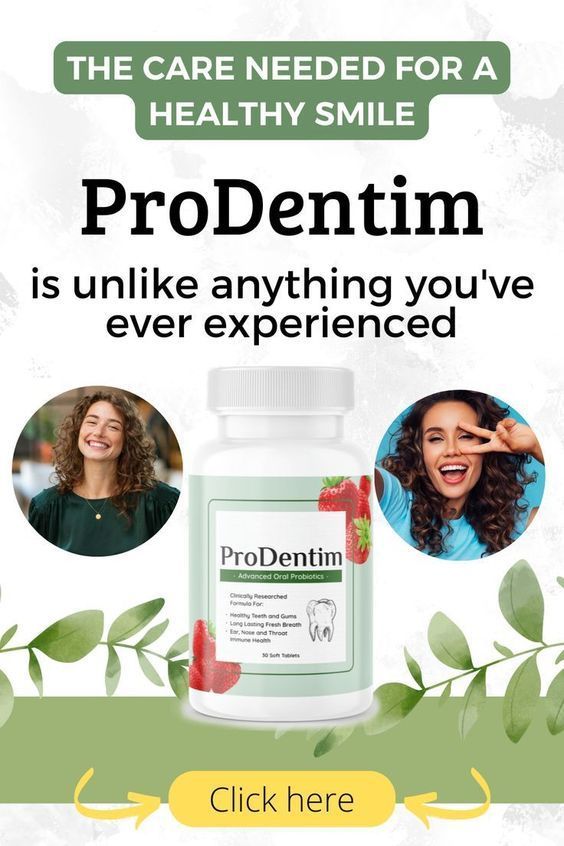Tooth decay is a common dental issue that affects millions of people worldwide. While visiting a dentist is often the best way to address dental problems, there are several effective methods you can adopt at home to prevent and even stop tooth decay. This guide will explore natural remedies, dietary changes, and oral hygiene practices that can help maintain your oral health without the need for professional intervention.

Understanding Tooth Decay
Tooth decay occurs when bacteria in your mouth produce acids that erode the enamel, leading to cavities. Common causes include poor oral hygiene, sugary diets, and a lack of fluoride. Recognizing early signs, such as tooth sensitivity, discoloration, or mild pain, is essential to prevent further damage.
1. Improve Your Oral Hygiene Routine
The foundation of preventing tooth decay is maintaining an effective oral hygiene routine. Here’s how you can do it:
- Brush Twice a Day: Use a fluoride toothpaste and a soft-bristled toothbrush to clean your teeth for at least two minutes, focusing on all surfaces.
- Floss Daily: Flossing removes food particles and plaque from between teeth where a toothbrush can’t reach.
- Rinse with Mouthwash: Choose an antibacterial mouthwash to reduce harmful bacteria in your mouth.
Consistency in these practices is key to stopping tooth decay without a dentist.
2. Adjust Your Diet
What you eat significantly impacts your oral health. A diet low in sugar and rich in essential nutrients can help strengthen your teeth and prevent decay.
- Limit Sugary Foods and Beverages: Sugary items feed bacteria, increasing acid production. Opt for sugar-free alternatives and reduce snacking between meals.
- Eat Calcium-Rich Foods: Dairy products, leafy greens, and almonds provide calcium, which strengthens tooth enamel.
- Include Vitamin D: Vitamin D aids in calcium absorption. Get it from sunlight, fortified foods, or supplements.
- Add Crunchy Vegetables and Fruits: Foods like carrots and apples stimulate saliva production, which neutralizes acids.
3. Use Natural Remedies
Several natural remedies can help in preventing and reversing early-stage tooth decay:
- Oil Pulling: Swishing coconut oil in your mouth for 15-20 minutes can reduce harmful bacteria and plaque.
- Saltwater Rinse: Rinsing your mouth with warm saltwater helps heal minor infections and maintain oral hygiene.
- Clove Oil: Apply clove oil to a decayed tooth for its antibacterial and analgesic properties.
- Xylitol: Chewing gum or using toothpaste containing xylitol can reduce bacteria and promote remineralization.
4. Strengthen Your Tooth Enamel
Remineralization is the process of restoring minerals to the enamel, making teeth more resistant to decay. Here’s how you can encourage it:
- Fluoride Treatments: Use fluoride toothpaste or mouth rinses to strengthen enamel and prevent decay.
- Calcium and Phosphate Supplements: These minerals play a vital role in enamel repair.
- Hydroxyapatite Toothpaste: A natural alternative to fluoride, hydroxyapatite helps remineralize enamel effectively.
5. Manage Dry Mouth
Saliva plays a critical role in neutralizing acids and washing away food particles. If you suffer from dry mouth, take steps to address it:
- Stay Hydrated: Drink plenty of water throughout the day.
- Chew Sugar-Free Gum: Stimulates saliva production.
- Avoid Alcohol and Tobacco: These substances can dry out your mouth.
- Use a Humidifier: Helps keep your mouth moist, especially during sleep.
6. Monitor Early Signs of Decay
Stopping tooth decay without a dentist requires vigilance. Pay attention to:
- White Spots on Teeth: These may indicate demineralization.
- Sensitivity to Hot or Cold: Can be an early sign of enamel erosion.
- Bad Breath or Taste: May suggest bacterial buildup.
If you notice these signs, take immediate action by intensifying your oral care routine and using remineralization techniques.
7. Avoid Harmful Habits
Certain habits can accelerate tooth decay. By eliminating them, you can protect your teeth:
- Avoid Frequent Snacking: Gives bacteria more opportunities to produce acids.
- Don’t Use Teeth as Tools: Avoid opening bottles or packages with your teeth.
- Limit Acidic Foods and Drinks: Items like citrus fruits and soda can erode enamel. Rinse your mouth with water after consuming them.
8. Herbal and Alternative Solutions
Incorporating herbal remedies can provide additional support in preventing tooth decay:
- Neem: Brushing with neem twigs or using neem-based toothpaste has antibacterial benefits.
- Green Tea: Drinking green tea helps reduce inflammation and bacteria in the mouth.
- Aloe Vera Gel: Apply it to teeth and gums for its antimicrobial and soothing properties.
9. Regularly Clean Dental Tools
Keeping your toothbrush, floss, and other dental tools clean is crucial. Replace your toothbrush every three months or when bristles fray, and store it in a dry, upright position to prevent bacterial growth.
10. Educate Yourself and Stay Proactive
Understanding how tooth decay develops and progresses can empower you to take effective preventive measures. Regularly educate yourself about oral health and share your knowledge with family and friends to promote healthy habits.
Conclusion
Preventing and stopping tooth decay without a dentist is achievable with consistent effort and informed practices. By improving your oral hygiene, adjusting your diet, using natural remedies, and addressing early signs of decay, you can maintain a healthy smile and avoid invasive dental treatments. Remember, while these methods are effective, they should not replace professional advice for severe dental issues. Prioritize your oral health today to enjoy a cavity-free tomorrow.
AL|Alabama AK|Alaska AZ|Arizona AR|Arkansas CA|California CO|Colorado CT|Connecticut DE|Delaware FL|Florida GA|Georgia HI|Hawaii ID|Idaho IL|Illinois IN|Indiana IA|Iowa KS|Kansas KY|Kentucky LA|Louisiana ME|Maine MD|Maryland MA|Massachusetts MI|Michigan MN|Minnesota MS|Mississippi MO|Missouri MT|Montana NE|Nebraska NV|Nevada NH|New Hampshire NJ|New Jersey NM|New Mexico NY|New York NC|North Carolina ND|North Dakota OH|Ohio OK|Oklahoma OR|Oregon PA|Pennsylvania RI|Rhode Island SC|South Carolina SD|South Dakota TN|Tennessee TX|Texas UT|Utah VT|Vermont VA|Virginia WA|Washington WV|West Virginia WI|Wisconsin WY|Wyoming DC|District of Columbia AS|American Samoa GU|Guam MP|Northern Mariana Islands PR|Puerto Rico UM|United States Minor Outlying Islands VI|Virgin Islands, U.S.